Book Review: The Relatives by Camilla Gibb
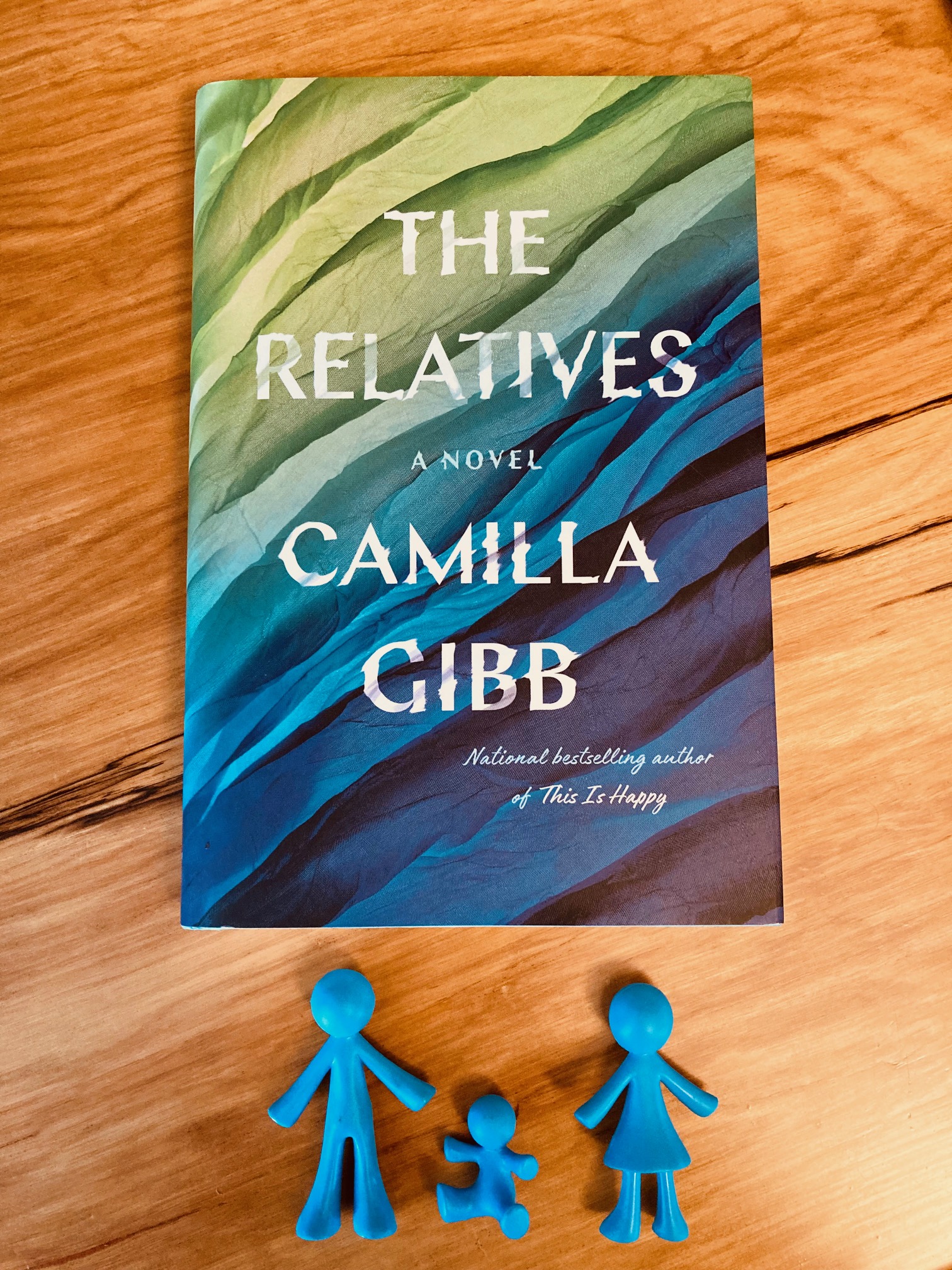
A slim work of fiction, The Relatives by Camilla Gibb is an understated book that’s been hiding away on my bookshelf for two years. But I love Gibb’s writing, so even though it took me awhile to get to this one, I finally settled in to enjoy it this past week. The emotions are big, but they happen quietly and off to the side. I reviewed Gibb’s memoir here many years ago, and although I can’t remember it at all now, it appears as though I found it an uplifting read. I can’t say the same about this latest book, but it is beautifully written, and the few characters we meet are memorable.
Plot Summary
This book can be read two different ways; it’s a story of interconnected people unaware of their relation to one another, or it’s three separate novellas, each self-contained and powerful. Lila’s story begins as one of sadness; she’s a social worker and a struggling alcoholic who is working to put her career back together. She’s assigned a challenging case where a young girl, Robin, refuses to speak. Robin was found wandering alone, malnourished and timid, and Lila immediately begins to see herself as Robin’s saviour, dreaming of a life where she can foster her. Then we meet Adam, an American who is deployed to dangerous places to investigate military misconduct when he is recently kidnapped by brutal terrorists in Somalia. Lastly we return back to a more domestic storyline with Tess, a woman whose marriage to her wife Emily is over, but they share a son Max, who was conceived with donated sperm. Emily wants to have another baby with Tess’s eggs, but Tess engages a lawyer to stop this, as she does not want the burden of having another child, even if she isn’t expected to actively parent it. Each story eventually ties back into one another, although we leave each scenario in a very different spot from where they each started.
My Thoughts
All three storylines are compelling and self-contained enough to carry their own weight. I would have been pleased if any of the three stories made up the entirety of the book – each scenario and associated characters quickly drew me in, engaging me almost immediately. Adam’s kidnapping is an abrupt change of scene from the other two plots, but despite his terrifying ordeal, his storyline also remains quite insular. Much of the narrative is driven by inward thoughts, decisions and struggles rather than dialogue. Suffering is a major theme; some suffering is physical but most is emotional, inflicted by life’s circumstances. The kidnappers in Somalia are seemingly the only true villains of the story.
Because we spend such a short time with each character, I never truly felt like I understood any of them. Their actions frequently left me baffled, or annoyed, but I still wanted to read more about them and find out how their lives continued. I wish the book had been longer because I wasn’t ready to leave any one of them. Both Lila and Tess’s storylines include women who believe having a baby will solve their problems and or/romantic relationships, which is a common belief I personally find infuriating. How could these women be so delusional? What makes them think taking care of ANOTHER human being will make anything in their own life easier? Despite wanted to shout at them through the pages, I couldn’t stop reading, because sometimes throwing a book across the room is a sign of great writing too.
Lila’s storyline was my favourite because it gives a glimpse into the life and process of a social worker – none of it easy! Robin’s case is a difficult one for many reasons; the obvious trauma she’s been through, the difficulty in understanding how to help someone when they won’t communicate, etc. There is not much resolution in her case (although there is hope), and that can be said for all the characters. There is never resolution, there is never an easy way out, but they all continue regardless of the challenges. It’s for this reason that I found this book to be so realistic, above all else.

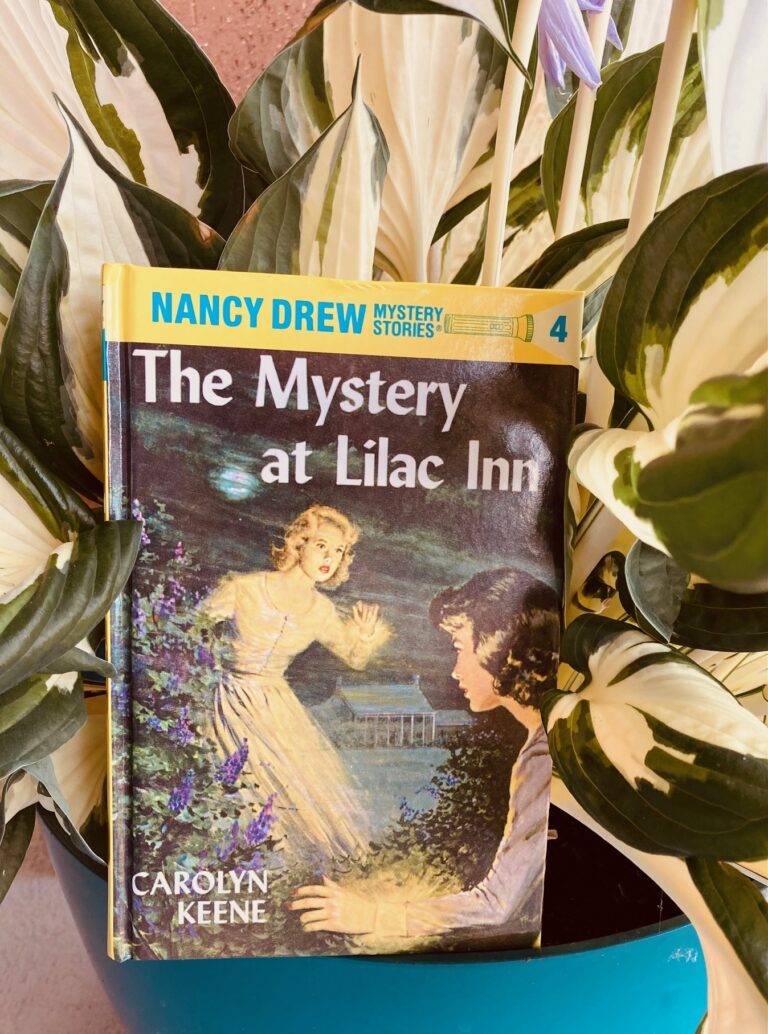
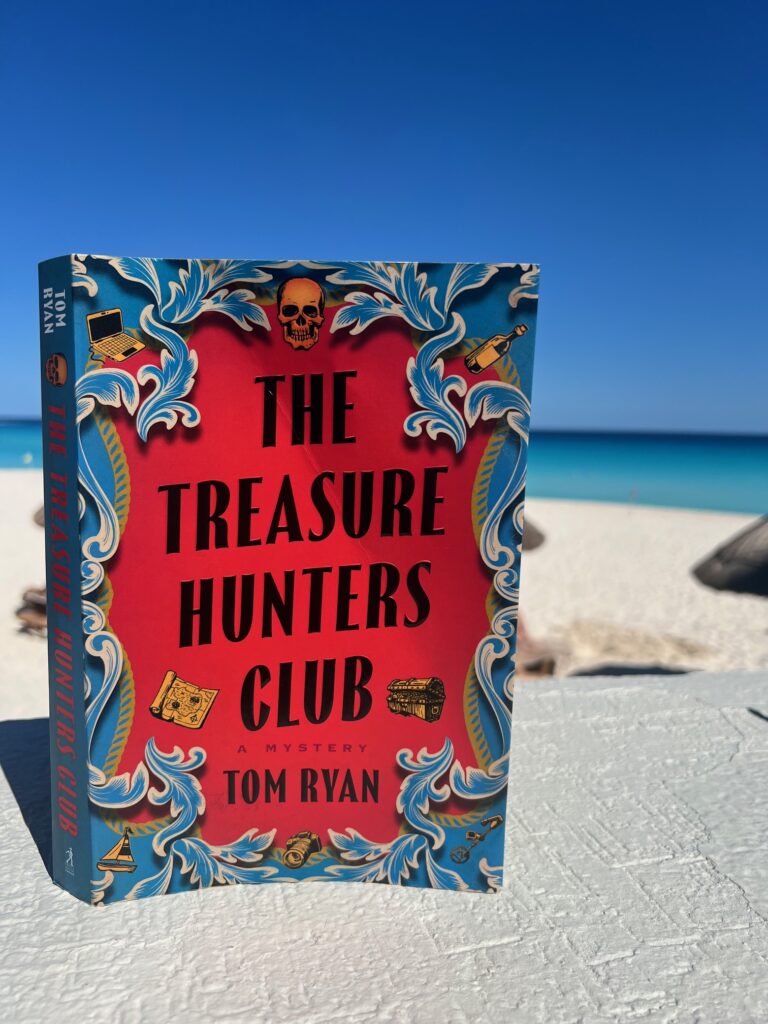
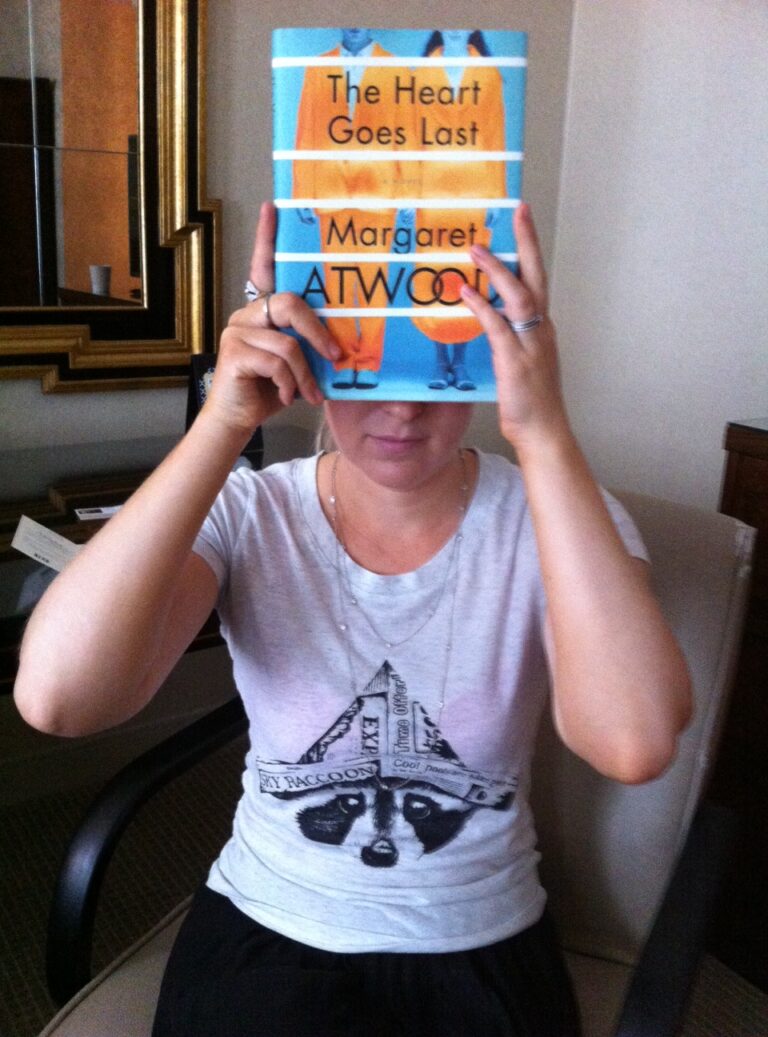
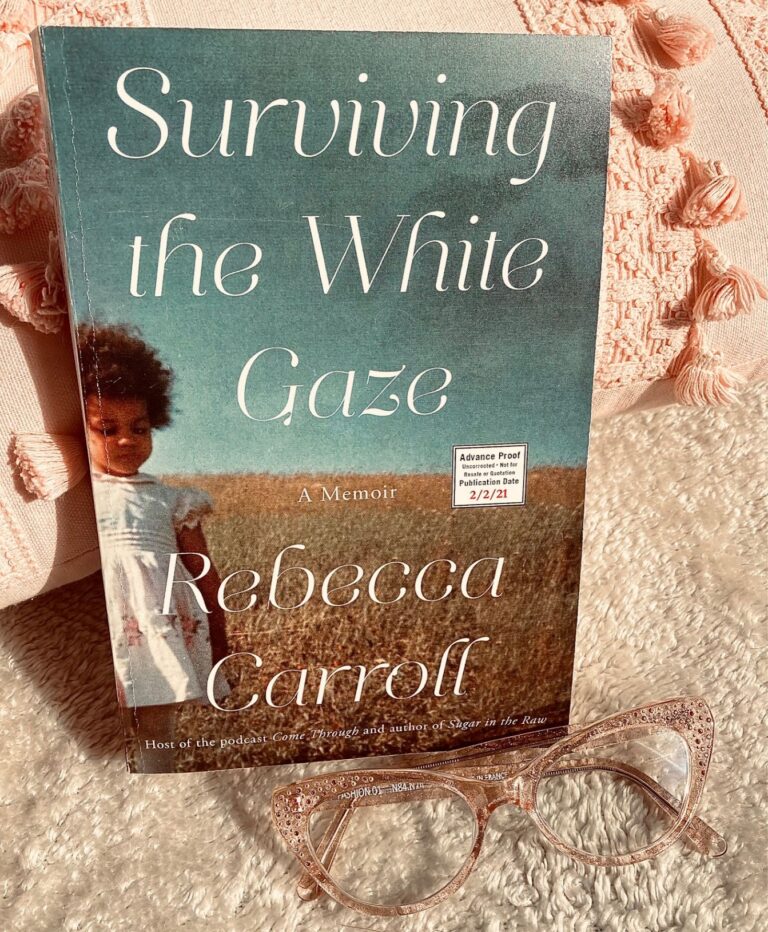
I’m with you on the idea of babies solving relationship problems – I don’t think so! More likely to cause them! Sounds quite intriguing but I wonder why she chose to make ach part so short rather than developing it more fully.
Yes it was a very unique way of writing this story. I actually wished it was way longer, which as you know, is not like me!
I absolutely love novellas. As for your comment about the people who think babies will solve a relationship, well, I think it’s less about solving the relationship and more about trapping the other person by manipulating their love.
Yes, true. Either way, rarely a good strategy! LOL
Sounds kinda heavy but at least there’s a little hope there.